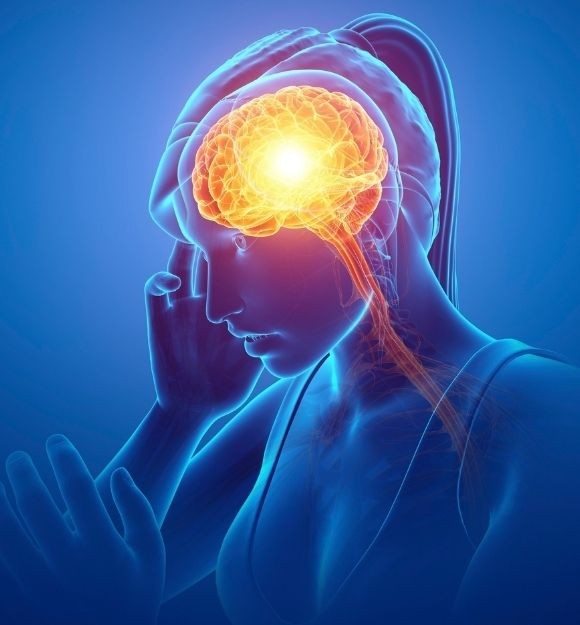
The human body is a fascinating amalgamation of intricate systems working in harmony to maintain optimal functioning. Among these systems, the vagus nerve plays a crucial role as the longest cranial nerve, serving as a vital link between the brain and various organs. Understanding what happens when the vagus nerve is simulated can provide valuable insights into its significant impact on our overall well-being and health. In this article, we delve into the fascinating realm of vagus nerve stimulation and explore its effects on different aspects of the body.
Communication Pathways:
The vagus nerve, also known as the tenth cranial nerve or CN X, emerges from the brainstem and branches out to innervate multiple organs including the heart, lungs, digestive tract, and more. It serves as a bi-directional communication pathway, facilitating the exchange of signals between the brain and these vital organs. When the vagus nerve is activated, it initiates a cascade of neural impulses that modulate various physiological processes.
Parasympathetic Activation:
One of the key functions of the vagus nerve is to activate the parasympathetic nervous system, often referred to as the “rest and digest” response. When the vagus nerve is stimulated, it promotes relaxation, decreases heart rate, and enhances digestion. This activation helps counterbalance the effects of the sympathetic nervous system, which is responsible for the “fight or flight” response. By stimulating the vagus nerve, we can induce a state of calmness and promote overall well-being.
Mood Regulation:
The vagus nerve plays a significant role in regulating mood and emotional well-being. Research suggests that vagus nerve stimulation can have positive effects on mental health conditions such as depression and anxiety. When the vagus nerve is stimulated, it activates brain regions involved in mood regulation and promotes the release of neurotransmitters such as serotonin and norepinephrine, which are associated with improved mood.
Anti-Inflammatory Response:
Another intriguing aspect of vagus nerve stimulation is its potential to modulate the body’s inflammatory response. The vagus nerve communicates with the immune system, and when activated, it can exert anti-inflammatory effects. This response is mediated through the release of neurotransmitters and the inhibition of pro-inflammatory cytokines. By harnessing the power of vagus nerve stimulation, we can explore novel therapeutic avenues for inflammatory conditions.
Pain Management:
The vagus nerve’s involvement in pain perception and modulation has garnered considerable attention. When the vagus nerve is stimulated, it activates descending pain inhibitory pathways, which can provide relief from chronic pain conditions. This mechanism highlights the potential of vagus nerve stimulation as a non-pharmacological approach to pain management.
The vagus nerve, with its far-reaching influence, holds immense promise as a therapeutic target for various health conditions. By understanding the effects of vagus nerve stimulation, we unlock the potential to enhance relaxation, regulate mood, modulate inflammation, and manage pain. Further research and exploration of this remarkable neural pathway may open new frontiers in healthcare and contribute to improved well-being for individuals worldwide.
References:
Bonaz B, Sinniger V, Pellissier S. The vagus nerve in the neuro-immune axis: Implications in the pathology of the gastrointestinal tract. Front Immunol. 2017;8:1452. doi: 10.3389/fimmu.2017.01452
Breit S, Kupferberg A, Rogler G, Hasler G. Vagus nerve as modulator of the brain-gut axis in psychiatric and inflammatory disorders. Front Psychiatry. 2018;9:44.



